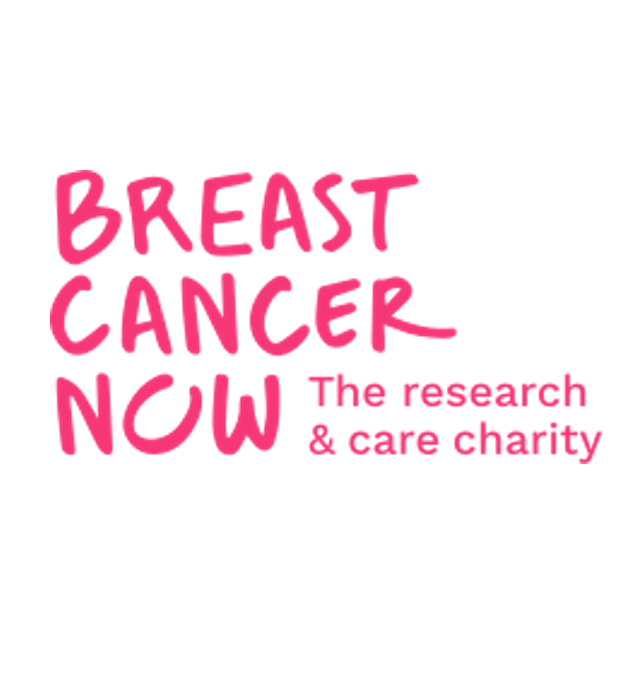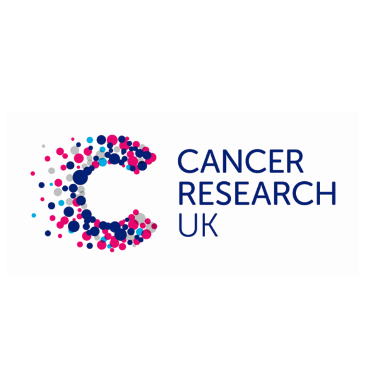What to look out for
Most women know that a lump can be a sign of breast cancer. Lumps can be found anywhere in your breasts, armpit or around your collarbone. If you do find one it doesn't necessarily mean you have cancer. However, you do need to get it looked at by your doctor – just to rule it out.
Of course, your breasts will look and feel different at different times of your life but if you’re worried about a change, see your doctor. After all, breast cancer is much more treatable these days and the earlier it’s found, the easier it is to treat.
Signs and symptoms
Below are some of the other signs and symptoms to look out for.
-
Leaking nipples
-
Skin like orange peel
-
Nipple becomes turned in
-
Bleeding or crusty nipples
-
Dimples
As well as looking out for the signs and symptoms above, it’s important to keep an eye out for your breast screening invite coming through your letterbox. All women between 50 and 70 are invited for breast screening every three years.
Breast screening could save your life.
Find out more on breast screeningA specialist's view
Breast cancer remains the commonest cancer in Scottish women with one in eight women developing the disease. As a result of new targeted treatments and detecting breast cancer early the survival from breast cancer is constantly improving.
More women survive breast cancer today than ever before. The majority can be treated by lumpectomy and radiotherapy avoiding mastectomy. Breast symptoms are very common and frightening. We all know that a lump can indicate breast cancer but other changes may also indicate breast cancer.
If you have any of the symptoms shown above please make an appointment to see your Doctor. If you are over 50 then look out for your breast screening invitation. Although you may be scared remember that earlier diagnosis can lead to a better outcome.
Women over the age of 50 are at an increased risk of breast cancer – if this is you, compare your breasts to the images on this site and contact your GP if you have any worries or concerns at all.

Julie Doughty, Consultant Breast Surgeon
Why earlier?
1 in 8 women in Scotland will develop breast cancer but, if found early enough, it is treatable. Lots of women do survive it. In fact, you’re five times more likely to survive breast cancer if it’s caught in its earliest stage.
Breast screening alone saves around 130 lives every year in Scotland, helping pick up tiny cancers that can’t be seen or felt, often when they are less advanced.
As well as regularly attending screening appointments, it’s important for women to continue to check their breasts for any changes. Only then do you have the best chance of being diagnosed early and surviving breast cancer.
If you do notice any changes in your breasts, it's important to contact your GP. There's no need to feel embarrassed as your doctor is there to help you but if you would prefer, you can request to be seen by a female doctor or practice nurse. You could even take a friend along with you - the most important thing is to get checked.
Facts
- 1 in 8 women in Scotland will be diagnosed with breast cancer.
- You’re five times more likely to survive breast cancer if it’s caught in its earliest stage.
- Breast screening saves around 130 lives every year in Scotland. It only takes about 10 minutes and could save your life.
- Breast screening detects tiny cancers, when they are often less advanced and easier to treat.
Getting checked – what's involved?
Some people put off visiting their GP practice because they think they’ll be wasting their time. Your doctor won’t think that – they want to see you if you’re worried about potential symptoms. The symptoms might not be due to cancer. But if it is, the earlier its picked up the higher the chance of successful treatment.
It’s always best to get checked early. Your concerns will be listened to and depending on your symptoms they will:
- Be able to reassure you;
- Examine the area you are concerned about;
- Refer you to the hospital for further tests if necessary.



